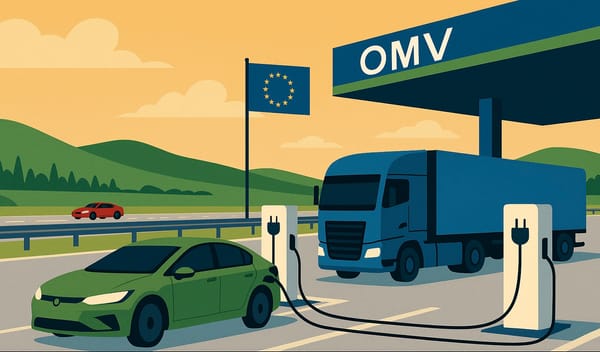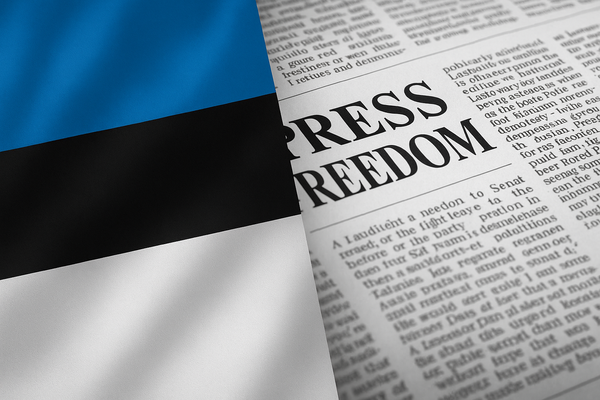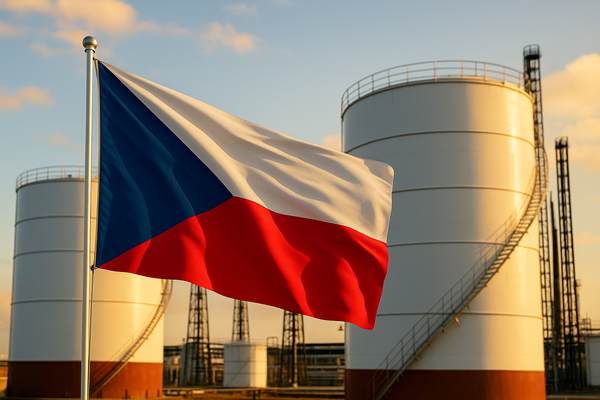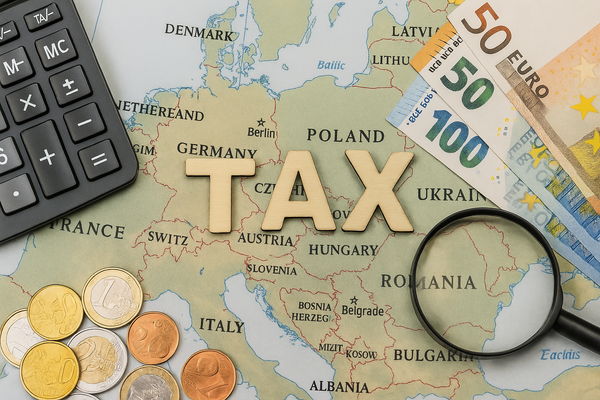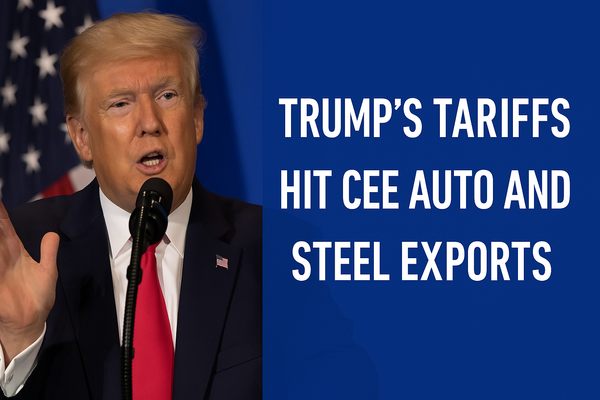
Central Europe Ponders its Preference: Scholz or Laschet?
Uncertainty could loom over Europe for some time following this past weekend’s German elections, which did not produce a clear winner. Although the center-left Social Democratic Party (SPD) won by a narrow margin of 1.5% ahead of the center-right Christian Democratic Union (CDU), a long and wary period of coalition building is ahead. In fact, experts are already wondering whether Chancellor Merkel will still be the one holding the New Year’s Eve speech on 1 January 2022, as the head of a caretaker government.
Due to the close results, both the SPD and the CDU have indicated that they would be ready to lead the next coalition government. A safe bet is that for the first time in postwar history, Germany will be governed by a three-party coalition, which will include the Greens and the liberal Free Democrats (FDP), who came in 3rd and 4th places on Sunday.

Somewhat paradoxically, these two, smaller parties are the real winners and could decide if the next chancellor of Germany will be Olaf Scholz from the SPD or Armin Laschet from the CDU – despite the latter suffering the worst ever results in a German election. The liberals are leaning towards the CDU, while the Greens are open to both parties. They had governed on the federal level with the SPD for seven years but are in a smoothly operating coalition with the CDU in one of Germany’s wealthiest regions, Baden-Württemberg (governed by veteran Green prime minister Winfried Kretschmann).
Most analysts see the result of the German elections as a continuation of Merkelian politics with no real shifts let alone a revolution. Due to domestic concerns, even less attention will be placed upon European issues, at least in the next four months. Contrary to Angela Merkel, who was raised in Eastern Germany, neither Scholz nor Laschet have any special relationship with Central Europe, but both will be interested in keeping up the stable and mutually beneficial economic relations both sides have enjoyed under Merkel.
The “Visegrad 4” (V4) countries – Czechia, Hungary, Poland and Slovakia – are currently Germany’s biggest trade partners (well ahead of China , the US or France) and German companies are among the biggest investors in the region. The transformation of the car industry, the backbone of the economy both in Germany and in three of the V4 – Hungary, Czech Republic, and Slovakia – is a joint challenge for the whole region, experts say.
On the political front some changes can be expected. Poland is already concerned that if Socialdemocrat Olaf Scholz emerges as chancellor, the next German government will have a cozier relationship with Russia, capitalizing on the traditions of the SPD’s Ostpolitik and arguing that Russia is a reliable economic partner – at least it has been for Germany.
There is also some concern that the next German government will not have as cordial ties with the US – especially not in its trade wars with China – as Poland would wish. Even in Hungary, Viktor Orban’s government would clearly favor as chancellor the CDU’s Armin Laschet, who is seen as pragmatic and not a fierce critic regarding rule of law issues. Analysts close to the Hungarian government’s inner circle have already warned that Olaf Scholz could campaign on the side of the opposition parties ahead of Hungary’s next elections in April 2022, and “interfere” in the elections.
However, seeing the mounting challenges ahead of the German government at home, in Europe and at the global level, it is unlikely that Central Europe will be the focus of attention any time soon; nevertheless, policies in Berlin – especially on climate and in industry-related areas – will have a lasting impact in the region.

